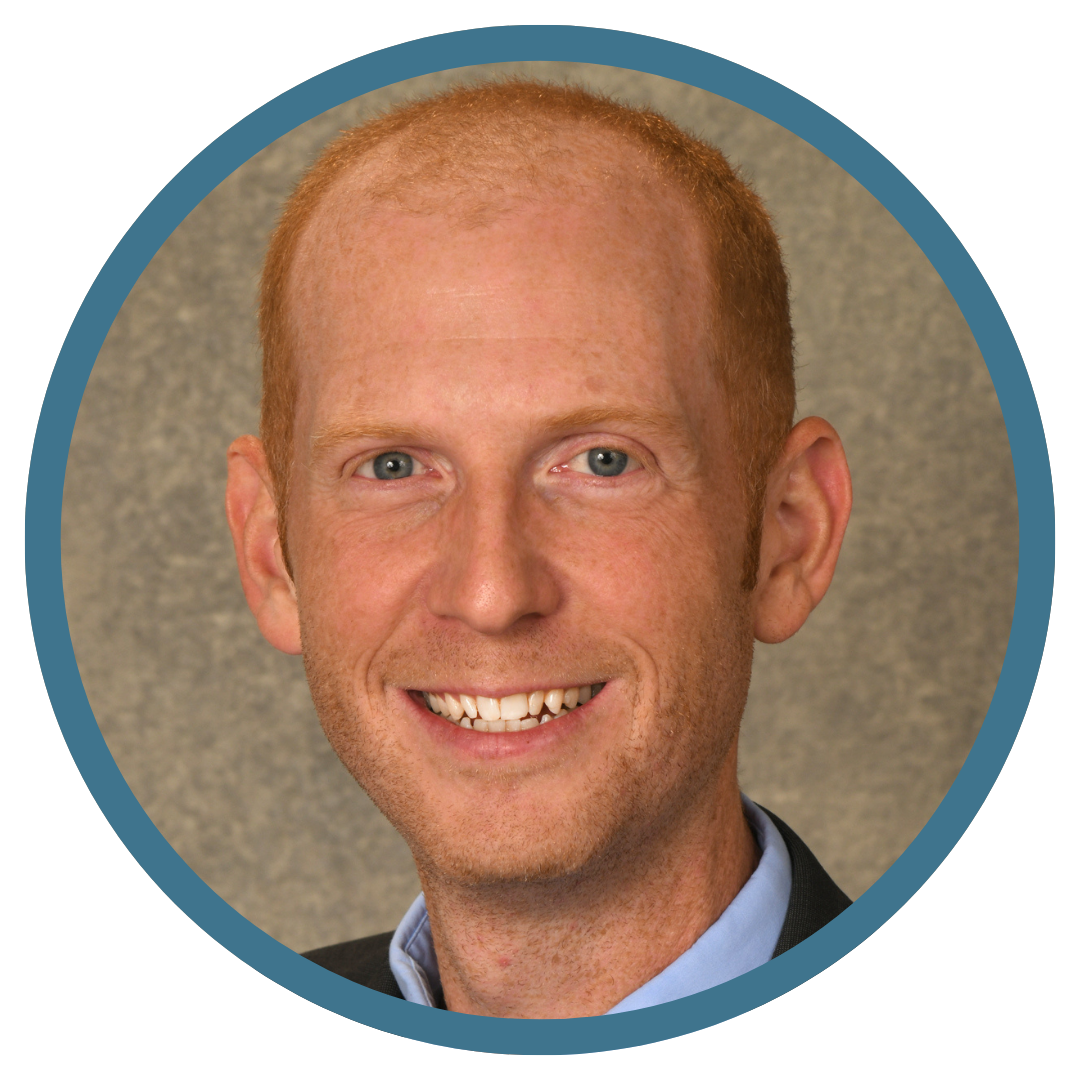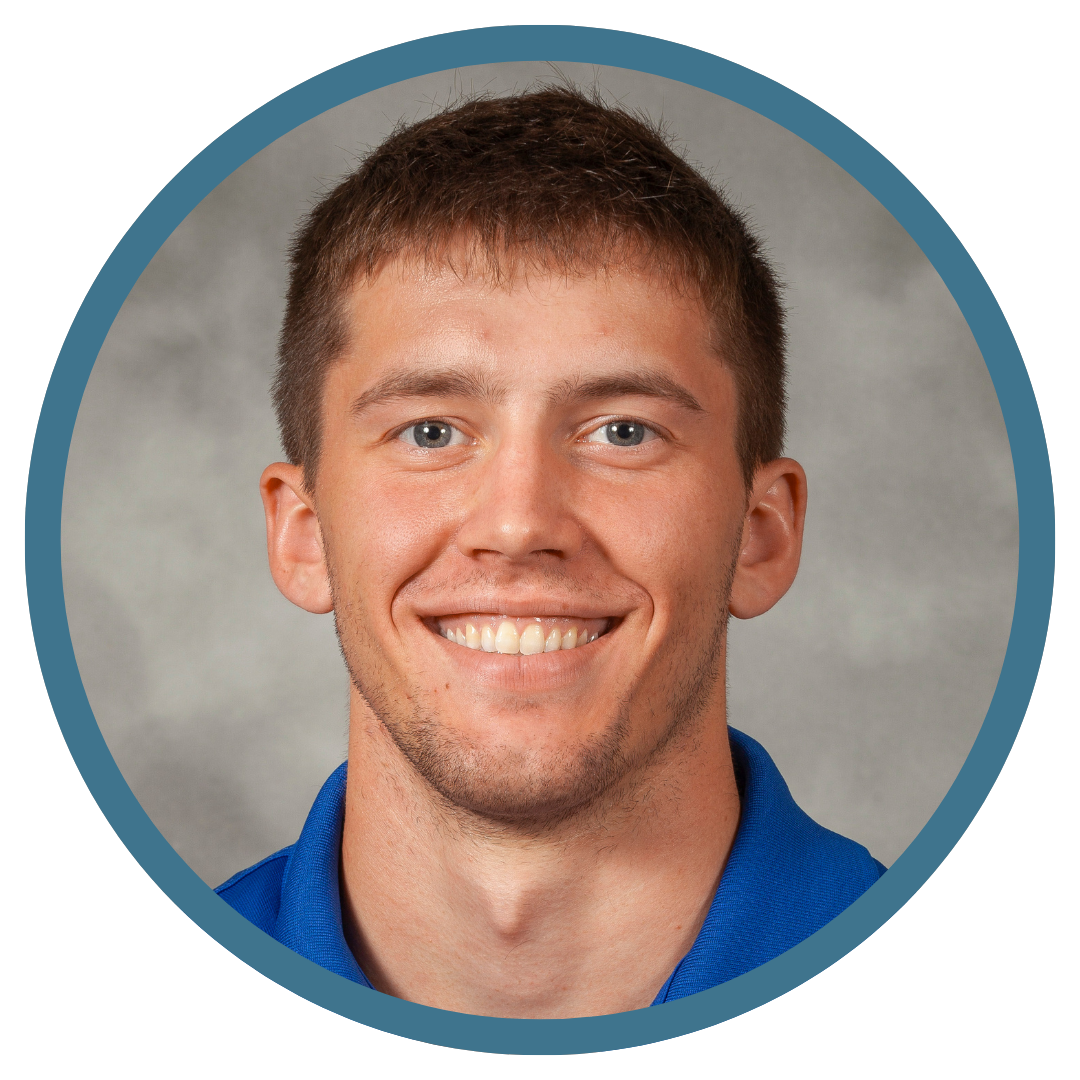Residency & Fellowship Features
Hear stories from residents on why they pursued a residency program and how it's enhanced their clinical practice and shaped the trajectory of their career.

Greg Waltner completed his athletic training residency at Emory University, a CAATE-accredited athletic training residency program. Greg shared the following insights:
Q: What factors influenced your decision to pursue a residency program?
A: There were three main factors that lead me to pursue a residency program. First, I was feeling stagnant professionally in my position at the time. Second, I wanted to utilize my athletic training skills to benefit the broader community. And third, I desired better work life balance.
Q: In what ways has completing a residency and specializing shaped, or do you anticipate shaping, the trajectory of your career?
A: Had I not pursued the residency program, I'm not sure I would still be in the profession. Completing the residency really opened my eyes to what my strengths are as a person and a practitioner and how those skills benefit patients and the healthcare system. In addition, learning the skills and what it means to be a lifelong learner have proven invaluable and will continue to shape my career.
Q: How has the education and training during your residency program enhanced your clinical practice, impacting aspects such as patient satisfaction and care delivery?
A: The didactic and clinical components of the residency provided me with a more comprehensive level of clinical knowledge, advanced clinical skills and improved evidence-based decision making. Those skills have enabled me to collaborate more confidently and effectively within a multi-disciplinary team and advocate for and communicate with patients.
Q: What shifts have you noticed in how your peers perceive you since completing your residency?
A: Tough question, to be honest, I find myself less concerned about this than I would have been previously. I think my peers perceive me as a confident and knowledgeable leader who actively seeks opportunities to progress personally and professionally.
Nohely Chavez completed her athletic training residency at UT Health San Antonio, a CAATE-accredited athletic training residency program. Nohely shared the following insights:
Q: What factors influenced your decision to pursue a residency program?
A: The primary factors that motivated me to pursue a residency program were my desire to continue learning from experienced professionals and to enhance my rehabilitation skills. I wanted to do this while still receiving guidance, ensuring that I am equipped to provide the highest level of care for my patients.
Q: In what ways has completing a residency and specializing shaped, or do you anticipate shaping, the trajectory of your career?
A: Completing the residency has provided me with a deeper understanding of the broader context when evaluating patients. It has also played a key role in shaping my future aspirations, including my goal of eventually opening my own sports medicine clinic.
Q: How has the education and training during your residency program enhanced your clinical practice, impacting aspects such as patient satisfaction and care delivery?
A: The residency program has given me a deeper understanding of the body, particularly when it comes to patient evaluations. Rather than simply assessing a patient's injury at face value, I now take a more holistic approach, considering the underlying factors that may have predisposed them to a specific injury. As a result, my patients have reported increased satisfaction, as many were unaware that their daily habits could be contributing to the pain they were experiencing.
Q: What shifts have you noticed in how your peers perceive you since completing your residency?
A: Since completing the residency program, I’ve noticed that my peers often seek my opinion more frequently. They ask questions about the insights I gained during the program, inquire about how I would approach injuries differently from their methods, and value my general knowledge in the field.

Joe Thompson completed his athletic training residency at Ohio University, a CAATE-accredited athletic training residency program. Joe shared the following insights:
Q: What factors influenced your decision to pursue a residency program?
A: I heavily debated doing a professional internship or even working at a college once graduating. So, I did what all young professionals do, and I leaned on my network of preceptors and mentors. During one of my talks my mentor suggested looking into a residency program. Luckily, I had one that was close to home and was home to a strong history with athletic training. Plus having Ohio University being partnered with OhioHealth I was able to get more than half of the residency cost paid for. Coming out of undergraduate I didn't feel ready to take on a high school by myself. I felt confident in my abilities and skills but felt there was another level I hadn't elevated too yet. I was missing guided leadership through my first year of being certified. Not the guidance that would hold your hand but would challenge you to think deeper and longer about problems presented to you. This new way of thinking would not only serve you during a difficult evaluation but appraising research that could impact or change your current best practice. Once meeting with Dr. Harris and discussing what the residency was able to do for me and how it would shape me into the provider, I knew I could become; I was sold!
Q: In what ways has completing a residency and specializing shaped, or do you anticipate shaping, the trajectory of your career?
A: Completing Ohio Universities Residency in Pediatrics has greatly shaped the clinician I am today. Coming up on my first year after completing the program I have had nothing but humbling experiences with my current school I am serving. School administrators acknowledge the dedication to change I have made in just one year. Noting that my attention to detail and enhancing standards set before me have been extremely important to them. They say it makes them feel more comfortable when something serious occurs knowing that someone with thorough training is there to provide support to the student-athletes and families in the district. Having specialized training has also helped me with my evaluation skills. Since the residency was in pediatrics it lines up perfectly with the population I am serving. Most injuries will be growth plate or growing related. This was true for my past two years in the secondary setting. I have seen a large amount of Sever's disease and SLJ to name few. I simply would not be the provider I am if it wasn't for the residency program. I challenge myself to continually stay up to date on changing research and provide updates to parents to keep them informed.
Q: How has the education and training during your residency program enhanced your clinical practice, impacting aspects such as patient satisfaction and care delivery?
A: Having an anatomy course with a human cadaver has made all the difference in my clinical practice. My spatial awareness increased throughout the course of my residency program. Knowing with certainty that I'm palpating over a ligament, or landmark gives me that much more confidence in my evaluation of an injury and gives me much more confidence when relaying my findings to parents. Through the residencies education I'm able to inform my current secondary school with updated information. Parents constantly pick my brain about new things they see on the internet or what my opinion is on a certain treatment. By appraising research I'm able to give them a simple succinct answer and if I'm not well read on a certain subject, I am to look at the research and determine for myself if this changes my current practice.
Q: What shifts have you noticed in how your peers perceive you since completing your residency?
A: I've noticed my peers value my voice and input about topics we discuss. They understand that I've been educated to think about things on a deeper level and constantly think about the question "how does this impact my practice?" I've noticed they appreciate my ability to explain complex ideas by turning them into simple, palatable, examples. They show appreciation for the training that I've received, and they value my work even as a young professional.